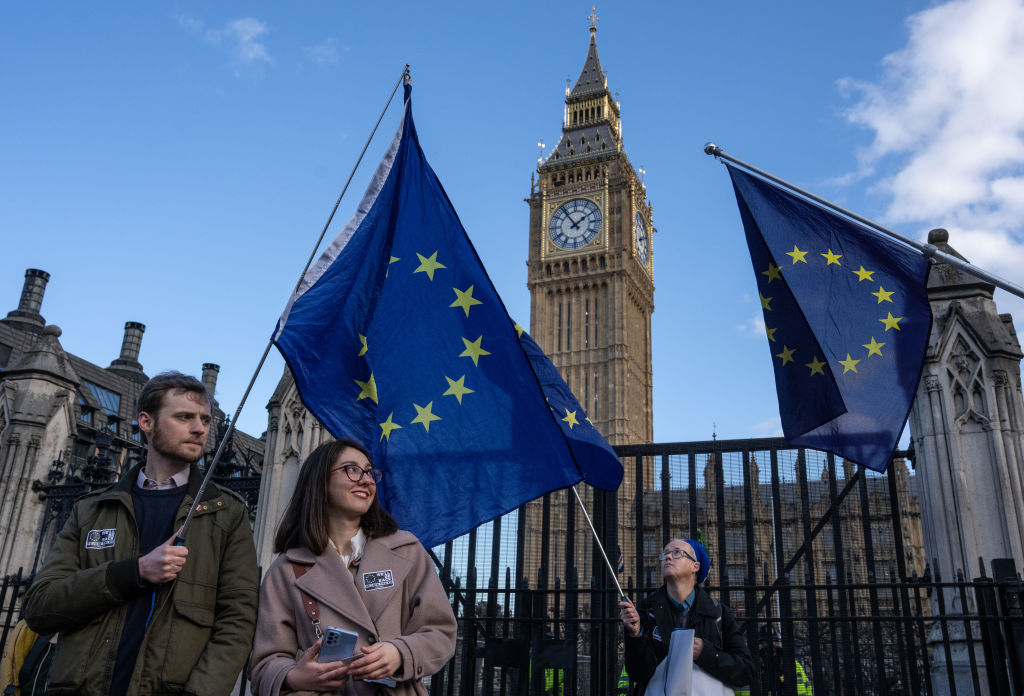Three years on from Brexit, it’s time for the UK and the EU to find a way to get along

Three years on from Brexit, and the UK and Europe are still arguing over the Northern Ireland Protocol and failing to build up any goodwill. This will damage both sides in a fragile economy instead of building up our financial links, writes Nicolas Mackel.
It’s three years since erstwhile Prime Minister Boris Johnson hailed a moment of true national renewal in Britain when Brexit became a legal reality. While Britain is still trying to locate the fabled Brexit dividend, we can clearly see a glimmer of hope emerging with both Britain and the EU looking to build a relationship for the post-Brexit reality.
Even if the UK isn’t part of the European Union anymore, it is vital to maintain a productive dialogue conducive to cooperation not only on financial services but other sectors. Given our close links with the City of London, Luxembourg has been a traditional champion of closer relations between Britain and the EU, and that remains the case today.
We are thus heartened to see that, as we near spring 2023, there are indeed green shoots of progress. We now need to nurture them so they can flourish and yield fruits.
The notably more positive and constructive tone of the Sunak government coupled with the EU’s receptiveness of this new rhetoric are good foundations on which to start building a mature and solid new relationship. Perhaps the financial turbulence of the short-lived Truss/Kwarteng administration focused minds. Perhaps it is the evident recognition that, while the UK may have left the EU, it is still part of a community of Europeans who share common values and a common vision.
It is now abundantly clear that the UK and the EU remain partners in tackling the biggest challenges we face in the coming months and years, from the war in Ukraine to energy shortages, threats of international recessions, and climate change.
There is still much to do. To get there, it is vital that a solution is found to the impasse on the Northern Ireland Protocol and, this time, adhered to. It would unlock the way to improved relations.
Although the ship of full equivalences has sailed – if ever such an idea could be contemplated – with the mooted regulatory dialogue forum between the UK and the EU Commission everything is in place to create a framework under which both parties can share experiences and plans, and manage the inevitable divergence.
Even more importantly, this process would re-establish the political goodwill and trust – badly damaged over the last six years. Diplomatic point-scoring can give way to proper planning and attention can return to proactive co-operation.
Some may think that given Britain’s electoral calendar, it could be in the EU’s interest to wait for a less Eurosceptic party to take the reins in Westminster. Whoever is in 10 Downing Street in coming years should, however, be irrelevant. If we want our businesses – and our financial services industry in particular – to strengthen and drive our economies, stimulate growth and create jobs, we should ensure they can continue to work with frictions reduced to a minimum. In the current economic context we need to pull ranks and leverage all our economic strengths whatever side of the Channel that can be found.
Brexit may not have yielded any obvious dividends, but establishing solid post-Brexit relations between the UK and the EU definitively will.